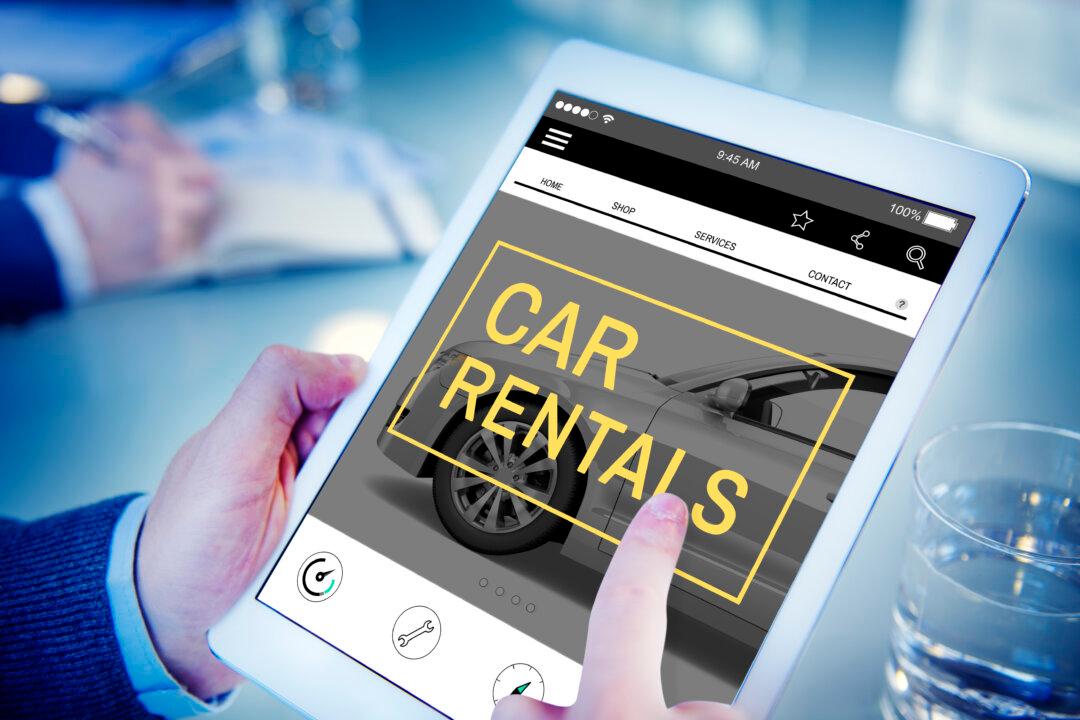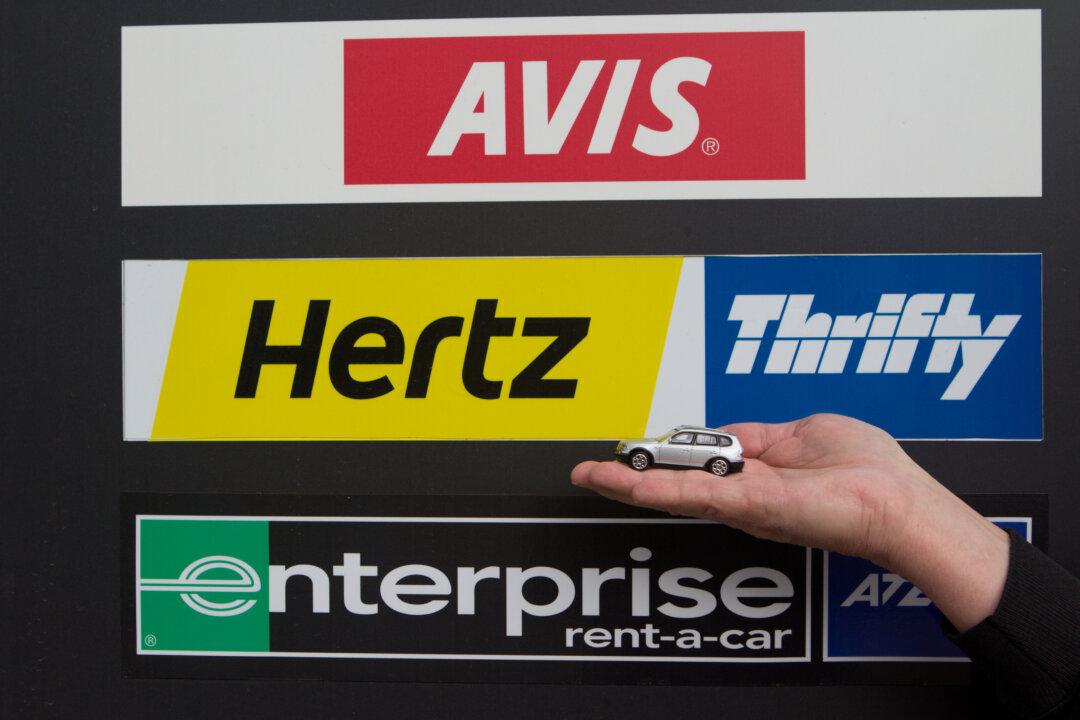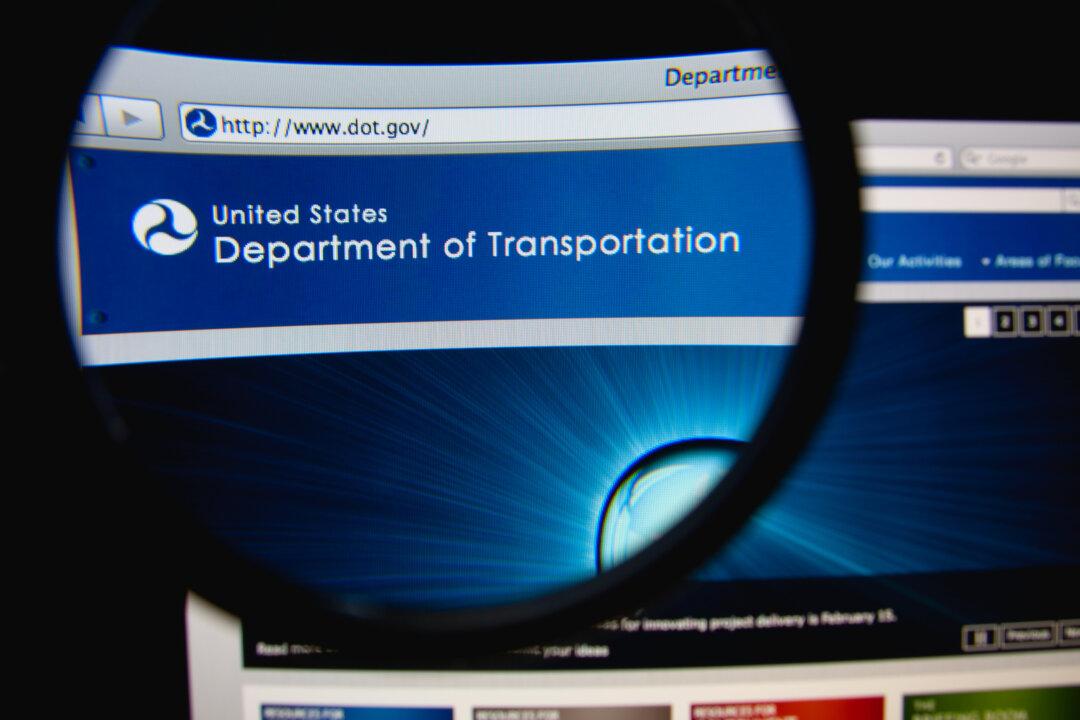Some years ago, my wife and I arrived from the mainland at Kona Airport, with reservations for a rental car at the airport and a hotel about 30 miles away. But when we showed up at the rental counter, the agent said, “Sorry, we’re out of cars. Just sit down over there until somebody returns a car, which we can get ready for you in a few minutes.” Period. The other rental companies were also out of cars, so we had to start our Hawaiian vacation sitting around an airport for a couple of hours—not exactly as we had planned. Welcome to the wonderful world of car rentals.
The week’s good news is a proposal to provide travelers who rent cars some legal recourse. A new proposed bill, the Vehicle Rental Order Obligation Mandate (VROOM) Act, provides three options for any traveler who shows up with a reservation when no cars are available:
⦁ Downgrade to a less expensive vehicle, with a refund of the difference
⦁ Upgrade to a more expensive vehicle at the reserved rate.
⦁ Cash payment of 200 percent of the reserved rate, with a cap of $500 per day.
For some reason, the proposal doesn’t cover a fourth option—finding and paying for a car from another agency. Industry custom has frequently provided the upgrade/downgrade or different agency options, but that’s been voluntary not a legal requirement. And, as with the hotel tradition of “walking” oversold travelers, it’s often ignored.
A reservation—even with no prepayment—is a binding contract, and when an agency can’t honor it, the agency is in violation of the contract. That’s all fine, but being legally right doesn’t help much when you’re there at a rental agency but the cars are not. As is the case with so many travel situations, when a car or hotel room isn’t available, there’s nothing anybody can do to, in tort law words, “make you whole.” An agent can’t rush out and buy some more cars for the fleet or add a wing to a hotel. You'll be stuck, one way or another. But at least the cash option in the new proposal would allow you to throw money at the problem.
The proposal came out of nowhere last week, taking me and most of my consumer advocate colleagues by surprise. And you’re still a long way from real relief:
⦁ The proposal does not have the enforcement teeth that Department of Transportation (DoT) passenger protections have for air travelers. It assigns primary enforcement responsibility to the Federal Trade Commission, where available enforcement means are less robust than at DoT. It also suggests but does not require that state attorneys general take action under state laws.
⦁ The bill was submitted by Rep Robert Garcia, a California Democrat, without bipartisan support, which does not bode well for the future of any bill these days. And I’ve seen nothing from the Senate side yet.
Still, this is the first time Congress has addressed the appalling lack of consumer rights for any travelers other than those on airlines. Would that someone do the same for hotel guests and cruisers.
The bad news is the House version of the FAA Reauthorization Act. Yes, it provides for no-fee family seating, but we were likely to get that, anyhow, through DoT rule-making. And it adds some benefits for travelers with disabilities. But it takes away the very valuable requirement for full-cost fare advertising and does not include any of the many suggestions that consumer groups have been requesting. Overall, it looks like the airlines had a big role in the bill’s language.
And there’s a wild card in the mix. The administration has apparently sent out some really beneficial consumer proposals, but nobody I know has seen the specifics yet. I'll be covering this situation in more detail after I’ve had a chance to study it more and discuss it with my advocate colleagues. Presumably, the Senate version will be a bit better, but for now, it’s a toss up. Stay tuned.





